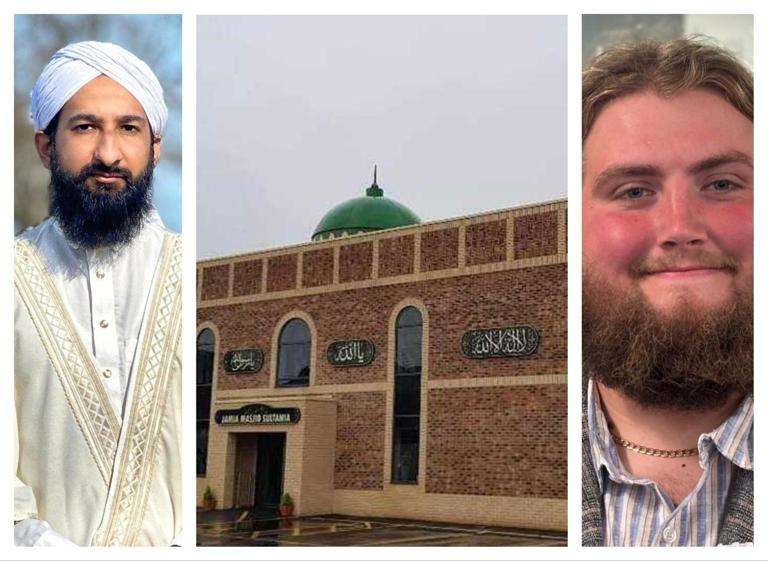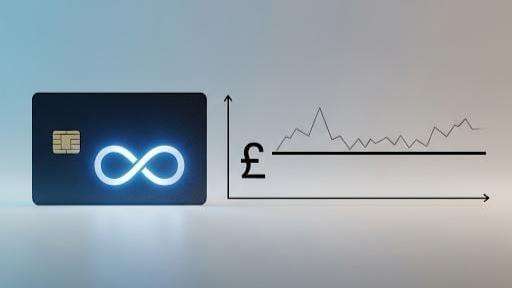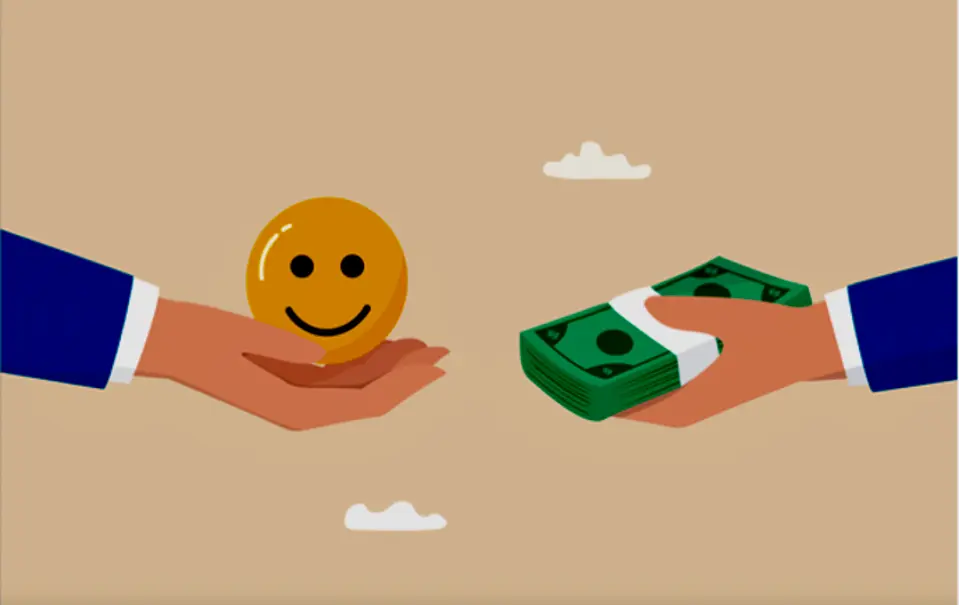Is more money the key to happiness? This age-old question has sparked debates for centuries. While some believe wealth is a direct path to a joyful life, others argue that true contentment lies beyond material riches. In this article, we will explore the relationship between money and happiness, and examine whether increasing your income truly leads to a more fulfilling life.
The Money-Happiness Paradox: Understanding the Basics
Numerous studies have sought to answer whether more money can buy happiness. The general consensus? Yes, money can increase happiness — but only up to a point. According to research, there is a threshold income level beyond which the correlation between money and happiness diminishes. In the U.S., for example, this "happiness threshold" is often cited as around $75,000 annually. Beyond this, additional income doesn’t necessarily lead to a significant increase in well-being.
Why Money Affects Happiness (Up to a Point)
- Basic Needs and Security: Money helps meet fundamental needs like housing, food, and healthcare. When your income covers these essentials, it reduces stress and improves your quality of life.
- Comfort and Experiences: Having more disposable income allows you to invest in memorable experiences, travel, and hobbies, which can contribute to a sense of happiness.
- Freedom and Control: Financial stability offers a greater sense of freedom, enabling you to make choices aligned with your values without constant worry about money.
The Downside of Chasing Wealth
While a higher income can contribute to happiness, the pursuit of wealth can also have negative effects:
- Increased Stress: The pressure to earn more can lead to burnout, anxiety, and stress, impacting mental health.
- Materialism Trap: Focusing solely on material gains can lead to temporary satisfaction but might not provide long-term happiness.
- Less Time for Relationships: Prioritizing work over personal connections can harm your social life, which is a crucial component of well-being.
How to Increase Happiness Without More Money
If money isn’t the sole answer, what else can lead to greater happiness?
- Invest in Experiences: Spend money on activities and experiences that create lasting memories rather than material goods.
- Build Strong Relationships: Cultivate meaningful relationships, as strong social connections are proven to be a key determinant of happiness.
- Practice Gratitude: Focusing on what you already have, rather than what you lack, can boost your sense of well-being.
- Engage in Meaningful Work: Finding purpose and fulfillment in your work, whether paid or unpaid, can enhance your happiness more than a high salary.
Does Money Buy Happiness? The Final Verdict
So, does more money make you happier? It depends. While having enough money to meet your needs and enjoy certain luxuries can boost your happiness, the benefits tend to level off once your basic needs are met. Beyond a certain income, factors like relationships, health, and personal fulfillment play a far more significant role in determining your overall happiness.
Key Takeaways
- Money can boost happiness, but mainly up to a comfortable income level.
- Beyond a certain point, additional wealth has diminishing returns on well-being.
- Building strong relationships and focusing on experiences can bring more lasting happiness than material wealth.
If you’re seeking a happier life, remember that wealth is just one piece of the puzzle. Focusing on holistic well-being, including your mental, physical, and emotional health, will have a much greater impact than simply accumulating more money.


_9.jpg)





.svg)
